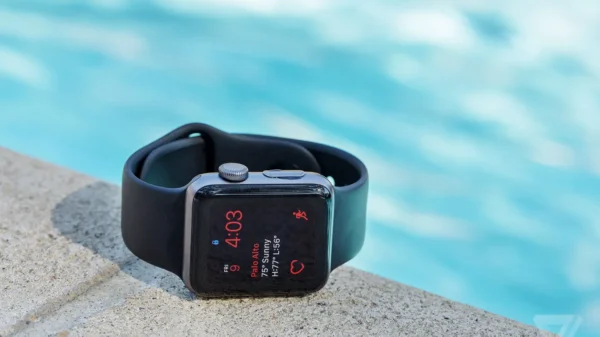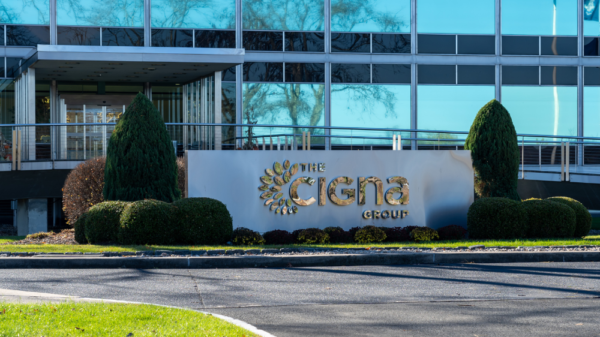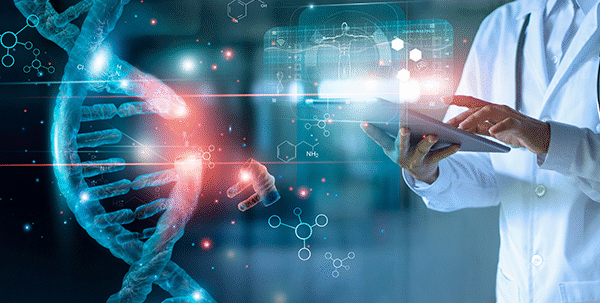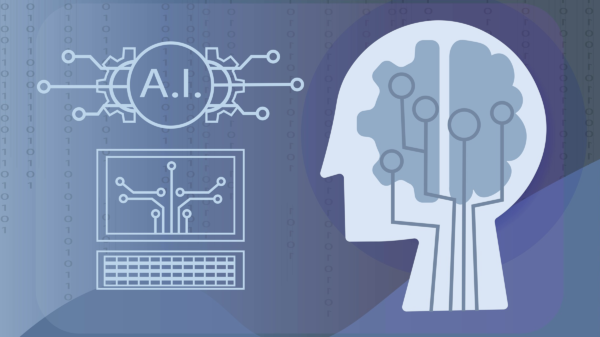Biotechnology and Health Tech: Advancing the Future of Healthcare
Revolutionizing Healthcare Through Biotechnology
Biotechnology is fundamentally transforming how healthcare systems diagnose, treat, and manage diseases. From genetic engineering to biopharmaceuticals, biotech innovations are enabling more precise medical interventions and accelerating drug development. These breakthroughs are setting new standards for both research and patient care.
Enhancing Diagnostics with Advanced Technology
Modern diagnostic tools powered by biotechnology are increasing the speed and accuracy of disease detection. Technologies like CRISPR, next-generation sequencing, and AI-integrated lab testing allow for early diagnosis of complex conditions such as cancer, genetic disorders, and infectious diseases, improving the chances of successful treatment.
The Rise of Personalized Medicine
One of the most promising applications of health tech and biotech is the advancement of personalized medicine. By analyzing genetic, environmental, and lifestyle factors, medical professionals can now tailor treatment plans to the individual. This approach increases the efficacy of therapies while minimizing side effects, offering a more targeted healthcare solution.
Telemedicine Platforms Expand Access to Care
Telemedicine has grown rapidly in recent years, and biotechnology plays a supportive role in making it more effective. Through secure video consultations, remote monitoring, and real-time diagnostics, patients can access medical advice and treatment from virtually anywhere, reducing barriers to care and easing the burden on healthcare facilities.
Wearable Devices Empower Preventive Health
Wearable health devices—such as fitness trackers, smartwatches, and biosensors—are changing how individuals monitor and manage their health. These devices collect real-time data on heart rate, oxygen levels, sleep patterns, and other vital signs. By integrating with health tech platforms, they enable early detection of anomalies and support preventative care strategies.
Biopharmaceuticals: Innovation in Treatment Options
The development of biopharmaceuticals, including gene therapies, monoclonal antibodies, and cell-based treatments, is revolutionizing how diseases are treated. These therapies, often derived from living organisms, offer solutions for previously untreatable conditions, bringing hope to patients with rare and chronic diseases.
AI and Machine Learning in Health Tech
Artificial intelligence is playing a growing role in biotechnology and health tech. From analyzing patient data to predicting disease outcomes, AI enhances the accuracy and efficiency of healthcare delivery. Machine learning algorithms can assist clinicians in making data-driven decisions, improving both diagnostics and treatment outcomes.
Remote Patient Monitoring and Real-Time Data Use
Remote patient monitoring systems are becoming more prevalent in chronic disease management. Through wearable biosensors and mobile health apps, clinicians can continuously monitor patients and intervene when necessary. This shift allows for more responsive and proactive healthcare, especially for aging populations and patients with long-term illnesses.
Biotech in Pandemic Preparedness and Response
Biotechnology played a critical role in the rapid response to the COVID-19 pandemic, notably in vaccine development and diagnostic testing. The use of mRNA technology and rapid sequencing techniques allowed for unprecedented speed in identifying and combating viral threats, setting the stage for future public health responses.
Ethics and Regulation in Biotech Advancements
With rapid innovation comes the need for ethical considerations and regulatory oversight. Issues such as genetic privacy, data protection, and equitable access to biotech-driven treatments are becoming increasingly important. Governments and institutions are working to establish frameworks that promote innovation while protecting public interest.
Conclusion:
Biotechnology and health tech are reshaping the landscape of modern healthcare. With advancements in diagnostics, personalized medicine, and digital health tools, these technologies are improving patient outcomes and redefining how care is delivered. As innovation continues, the integration of biotech and technology promises a more precise, accessible, and proactive future in medicine.




































